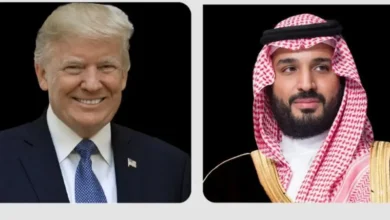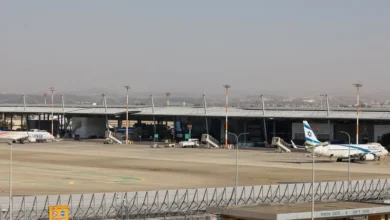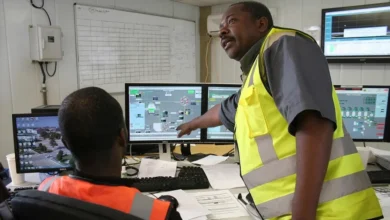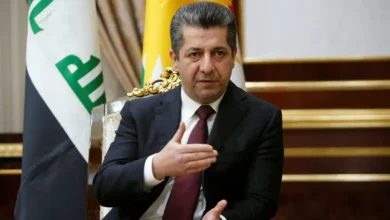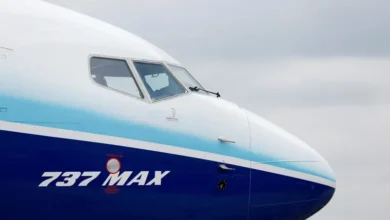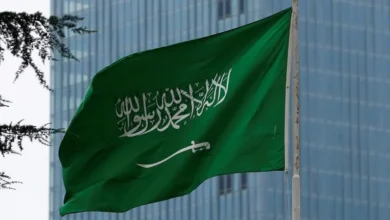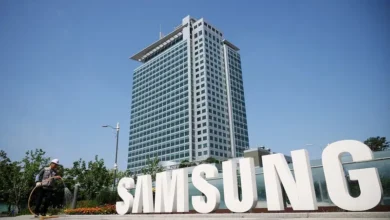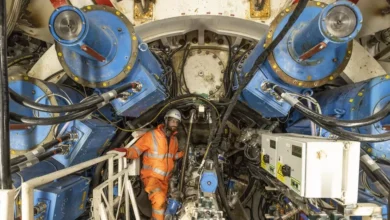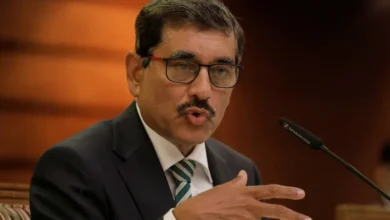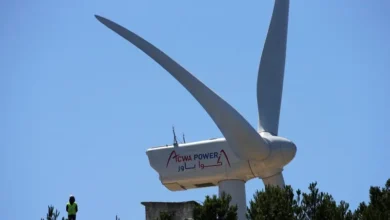Lebanon’s bonds escape infamous 20 cent club as reform bets grow
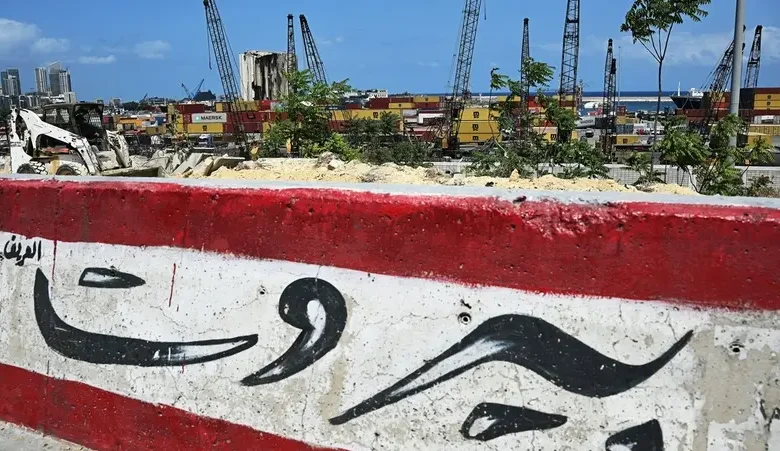
Lebanon’s defaulted bonds have risen above 20 cents on the dollar for the first time in five years as investors wager the country’s political and economic reforms are gaining momentum.
That leaves Venezuela as the only country with sovereign bonds below the 20-cent threshold, which some investors associate with the world’s most dysfunctional credits.
Lebanese 2035 dollar securities rose to 20.7 cents on Wednesday, with nine of the country’s securities figuring among the top 20 gainers in emerging markets. The bonds have posted a total return of 250 percent since September last year, five times as much as the second-best performer in the developing world, even though no payment has been made on them since 2020.
The rally comes after Lebanon pulled back from a two-year leadership vacuum and formed a functional government. The newly appointed president, prime minister and central-bank governor have pledged to take tough steps to turn the economy around, plug an $80 billion hole in the banking system and pave the way for a debt restructuring. While progress remains slow, investors are cheering incremental signs the reforms remain on course.
“We are still not selling,” said Soeren Moerch, a portfolio manager at Danske Bank AS in Copenhagen, who bought Lebanese bonds a year ago at about 6.5 cents. “With other distressed countries rallying a lot, we think mid-20’s might be the next target.”
A group of creditors holding Lebanon bonds, formed in 2020 for restructuring talks, originally included BlackRock, Amundi Asset Management and Mangart Capital Management Ltd. The so-called Ad Hoc Group was expanded this year with the inclusion of Aberdeen Group PLC and hedge fund Mesarete Capital LLP.
While the ultimate prize for bondholders is a debt restructuring at a recovery value above current prices, that won’t happen without a resolution of the banking crisis and funding from the International Monetary Fund as well as regional partners. Those steps are still some way off as the government struggles to assert control over the country and its defense, starting with plans to disarm Iran-backed Hezbollah.
On Friday, the army will submit a plan to Prime Minister Nawaf Salam’s government on the demilitarization, but that remains fraught with uncertainty as Hezbollah has said it won’t back down without a fight. Still, Israel has committed to withdrawing its forces from Lebanon if Salam follows through on the disarmament by the end of the year.
Saudi Arabia, the United Arab Emirates and Kuwait have told President Joseph Aoun that the funds Lebanon needs to help the economy recover are contingent on progress with the disarming of Hezbollah. They also want Lebanon to restructure the banking sector and crack down on corruption, according to Fouad Makhzoumi, a member of Lebanon’s parliament.
“The world is willing to stand by us, but we need to show the reforms, and we need an agreement with the IMF,” he said in an interview last month.
The economy, meanwhile, is showing some early signs of recovery: Blominvest Bank’s purchasing managers’ index returned to expansion levels in August. The central bank’s efforts to find a solution to the banking crisis are helping to improve investor sentiment.
Lebanese lenders parked billions of dollars at the central bank, or Banque du Liban, in 2016 when it offered banks high interest rates for deposits that it used to support the government budget. That program unraveled in 2019 as foreign inflows dried up and the currency peg to the dollar collapsed. BDL still owes the banks an estimated $80 billion.
